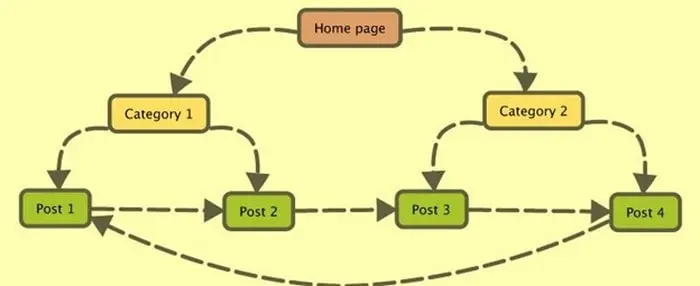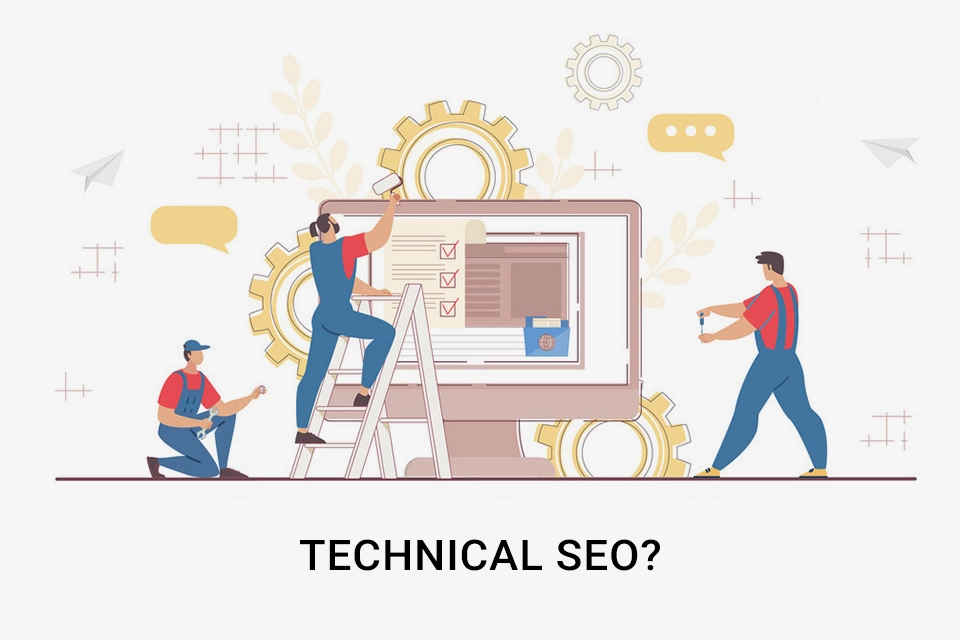The Ultimate Guide to On-Page SEO Optimization for Your Website
What is On-Page SEO?
On-page SEO (Search Engine Optimization) refers to the practice of optimizing individual web pages to rank higher and earn more relevant traffic in search engines. This involves various elements that can be controlled within your website to improve its search engine ranking. Here are the key components of on-page SEO.
Content Optimization Strategies
Content optimization is a critical component of on-page SEO that focuses on making your website’s content as effective as possible for both search engines and users. Here are the detailed steps and strategies to optimize your content:
- Keyword Research and Usage: Identify and use relevant keywords naturally within your content.
- High-Quality Content: Ensure your content is informative, valuable, and unique.
- Content-Length: Longer, comprehensive content tends to rank better.
- User Engagement: Create engaging content that encourages users to spend more time on your site.


Optimizing HTML Tags for SEO
Optimizing HTML tags is important for SEO because search engines use these tags to understand the content and context of a webpage.
- Title Tags: Include primary keywords and keep the title concise (50-60 characters).
- Meta Descriptions: Write compelling meta descriptions (150-160 characters) with keywords.
- Header Tags (H1, H2, H3, etc.): Use headers to structure your content and include keywords.
- Alt Text for Images: Describe images with keywords in the alt text for better image search rankings.
Improving URL Structure
Optimizing your URL structure is a crucial step in improving your website’s SEO and enhancing the user experience. Keep your URLs simple, descriptive, and focused, use hyphens as separators, create a logical hierarchy, and consider including breadcrumbs.
- Descriptive URLs: Use short, descriptive URLs with keywords.
- Avoid Dynamic Parameters: Keep URLs clean and avoid unnecessary parameters.


Internal LInking Optimization
Internal linking is an important aspect of website optimization that can help improve your SEO, enhance user experience, and increase the visibility of your content.
- Link to Relevant Content: Use internal links to connect related content on your site.
- Anchor Text: Use descriptive anchor text that includes keywords.
Enhancing Mobile-Friendliness
Enhancing mobile-friendliness is crucial for ensuring that your website provides a seamless and enjoyable experience for visitors accessing it on mobile devices.
- Responsive Design: Ensure your site is mobile-friendly and works well on all devices.
- Mobile Page Speed: Optimize page load times for mobile users.


Boosting Page Speed
Page speed is a critical aspect of website performance that affects user experience, search engine rankings, and conversion rates.
- Optimize Images: Compress images to reduce load times.
- Minify Code: Minimize HTML, CSS, and JavaScript files.
- Leverage Browser Caching: Use caching to improve loading times.
Enhancing User Experience
Enhancing user experience is key to creating a seamless, enjoyable journey that keeps users engaged and coming back for more.
- Ensure your site is mobile-friendly.
- Improve page load speed.
- Create an intuitive navigation structure.


Using Schema Markup
Schema markup is a form of microdata that helps search engines better understand your content. It can improve your visibility with rich snippets
- Use schema.org to find relevant markup.
- Implement JSON-LD format.
- Validate your markup with Google’s Structured Data Testing Tool.
Implementing Technical SEO On-Page
Optimization of various technical aspects of a website to improve its search engine rankings and overall visibility.
- XML Sitemap: Create and submit an XML sitemap to search engines to help them crawl and index your website more efficiently.
- Robots.txt and Robots Meta Tags: Use robots.txt files and robots meta tags to control which pages search engines can crawl and index on your site.
- Canonicalization: Use canonical tags to indicate the preferred version of a URL when there are multiple versions of the same content


Ensuring Website Security
Website security is crucial for protecting your website from various online threats, including hackers, malware, and data breaches. Here are some key measures to enhance website security:
- Use HTTPS: Secure your website with HTTPS encryption to encrypt data transmitted between your website and visitors’ browsers.
- Keep Software Updated: Regularly update your website’s CMS (Content Management System), plugins, themes, and other software to patch security vulnerabilities.
- Monitor Website Activity: Regularly monitor website logs, error logs, and security alerts for signs of suspicious activity or unauthorized access attempts.
Why On-Page SEO is Important for Your Website's Success?
- Visibility in Search Engines: On-page SEO helps search engines understand the content and context of your web pages. By optimizing on-page elements such as title tags, meta descriptions, and headings with relevant keywords, you increase the likelihood of your website ranking higher in search engine results pages (SERPs) for relevant queries.
- User Experience: On-page SEO practices often overlap with elements that enhance user experience. For instance, creating descriptive and concise meta descriptions not only helps search engines understand your content but also entices users to click on your link in the search results. Similarly, organizing content with clear headings and a logical structure makes it easier for visitors to navigate your site and find the information they need quickly.
- Credibility and Trust: Websites that appear higher in search engine results are often perceived as more credible and trustworthy by users. By optimizing your on-page elements and providing valuable, relevant cont
- Targeted Traffic: On-page SEO enables you to attract highly targeted traffic to your website. By optimizing for relevant keywords related to your products, services, or content topics, you can attract visitors who are actively searching for information or solutions that your website provides.
- Better Conversion Rates: Optimizing on-page elements not only helps drive traffic to your website but also improves the likelihood of converting that traffic into leads or customers. By providing valuable content that addresses the needs and interests of your target audience, you can encourage visitors to take desired actions, such as making a purchase, signing up for a newsletter, or filling out a contact form.
- Cost-Effectiveness: Compared to other marketing strategies, such as paid advertising, on-page SEO can be relatively cost-effective in the long run. While it may require an initial investment of time and resources to optimize your website, the ongoing benefits of increased organic traffic and improved search engine rankings can provide a significant return on investment (ROI) over time.
With my expertise in SEO, I specialize in implementing effective on-page optimization strategies to drive results. I ensure that your website not only ranks higher in search engine results but also attracts more targeted traffic,improve the user experience, and ultimately achieve your business goals online.
